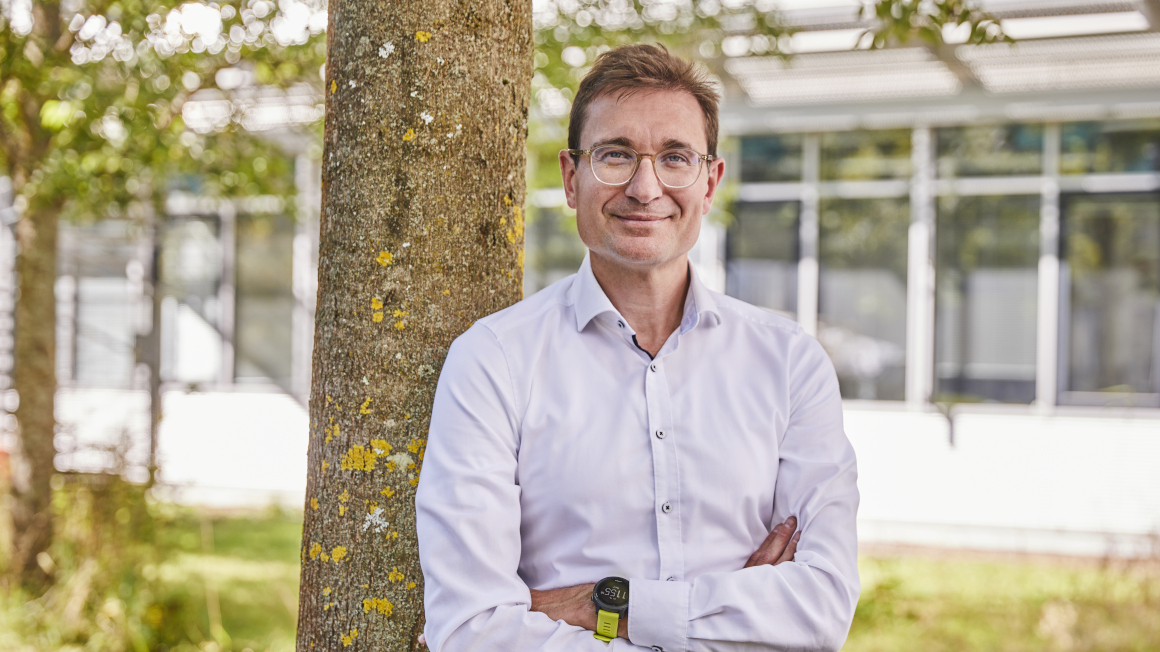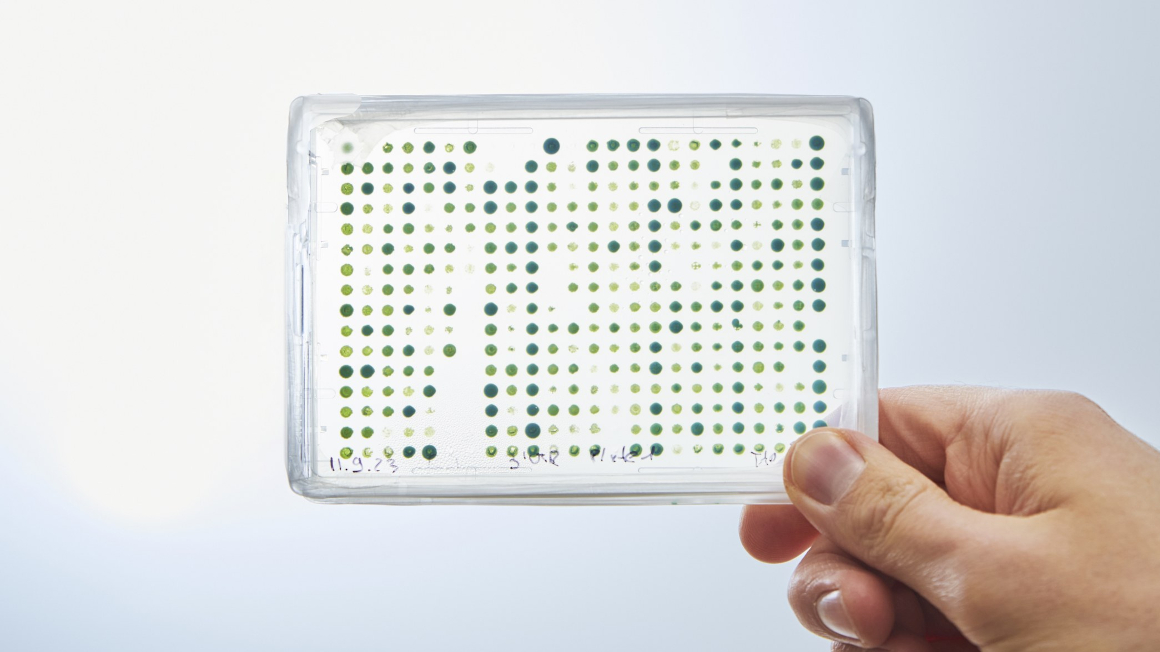Leibniz Prize for Marburg bioengineer
Molecular biologist Tobias Erb receives the Leibniz Prize of the German Research Foundation, endowed with 2.5 million euros, for his pioneering work in the field of synthetic biology.

Plants have the ability to bind carbon dioxide from the air through photosynthesis. The same applies to algae and bacteria, which bind around 70 gigatons of carbon per year through photosynthetic CO2 fixation, the so-called Calvin cycle, and thus remove it from the atmosphere. The metabolic pathways of the microorganisms that achieve this impressive feat are the focus of Tobias Erb's research. The Marburg microbiologist is primarily dedicated to the processes involved in the conversion of the greenhouse gas carbon dioxide and is redesigning them.
New ways to bind carbon
For this "groundbreaking work" in the field of synthetic biology, the researcher has now been honored with the Leibniz Prize of the German Research Foundation (DFG). The award is endowed with 2.5 million euros. The citation states: Erb is looking for new CO2-binding enzymes to use for carbon fixation. "In this way, he and his research group want to develop artificial fixation pathways that are superior to natural pathways. Erb has already succeeded, for example, in introducing certain enzymes into plants and thus establishing a CO2 concentration mechanism that has led to a significant increase in photosynthesis," the DFG acknowledges.
Analyzing and reconstructing metabolic pathways
In order to improve CO2 fixation, Tobias Erb analyzes natural metabolic processes and uses them specifically to generate new enzyme functions. At the interface between molecular biology, biochemistry and synthetic biology, he investigates the structure and function of microbial biocatalysts, modifies their properties using synthetic biology methods and constructs metabolic pathways that do not occur in nature.
"Tobias Erb's work is an example of what novel scientific approaches can contribute to answering questions about the future of humanity," says Marburg University President Thomas Nauss. "By studying the CO2 metabolism of microorganisms in detail, recreating and modifying it, Erb's scientific work lays the foundation for understanding the cycle of climate-damaging greenhouse gases." His work would open up "far-reaching possibilities for the development of sustainable processes in biotechnology and the capture of CO2 from the atmosphere".
Highly distinguished bioengineer
Tobias Erb has already received several awards for his research work, including the DFG's Heinz Maier-Leibnitz Prize for Young Researchers in 2016, the Otto Bayer Prize in 2019, the Jean-Marie Lehn Forcheurs Prize in 2021 and the Merck Future Insight Prize in 2022.
The Gottfried Wilhelm Leibniz Prize has been awarded by the DFG since 1986. This year's ten prizewinners were selected from 150 proposals and come from the humanities, social sciences, life sciences, natural sciences and engineering. The prize money of 2.5 million euros each can be used by the researchers for up to seven years according to their own ideas. The Leibniz Prizes will be awarded on March 13, 2024 at the Berlin-Brandenburg Academy of Sciences and Humanities in Berlin.
bb


